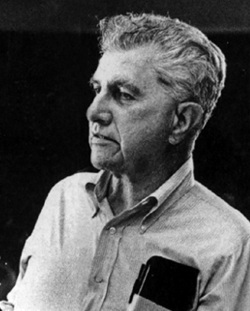A Quote by Ha-Joon Chang
I am one of the most successful economists, according to what markets tell us, though most of my professional colleagues, who are much keener to accept market outcomes than I am, would dismiss me as a crank or - the worst of all abuses among economists - a 'sociologist.'
Related Quotes
Until the Great Depression, most economists clung to a vision of capitalism as a perfect or nearly perfect system. That vision wasn’t sustainable in the face of mass unemployment, but as memories of the Depression faded, economists fell back in love with the old, idealized vision of an economy in which rational individuals interact in perfect markets.
I do not know what might be the most fitting description.... I am a sinner. This is the most accurate definition. It is not a figure of speech, a literary genre. I am a sinner. And this is what I said when they asked me if I would accept my election as pontiff: I am a sinner, but I trust in the infinite mercy and patience of our Lord Jesus Christ, and I accept in a spirit of penance.
It affects every aspect of our lives, is often said to be the root of all evil, and the analysis of the world that it makes possible - what we call 'the economy' - is so important to us that economists have become the high priests of our society. Yet, oddly, there is absolutely no consensus among economists about what money really is.
These days, however, the main problem comes from the right - from conservatives who, unlike most economists, really do think that the free market is always right - to such an extent that they refuse to believe even the most overwhelming scientific evidence if it seems to suggest a justification for government action.
































